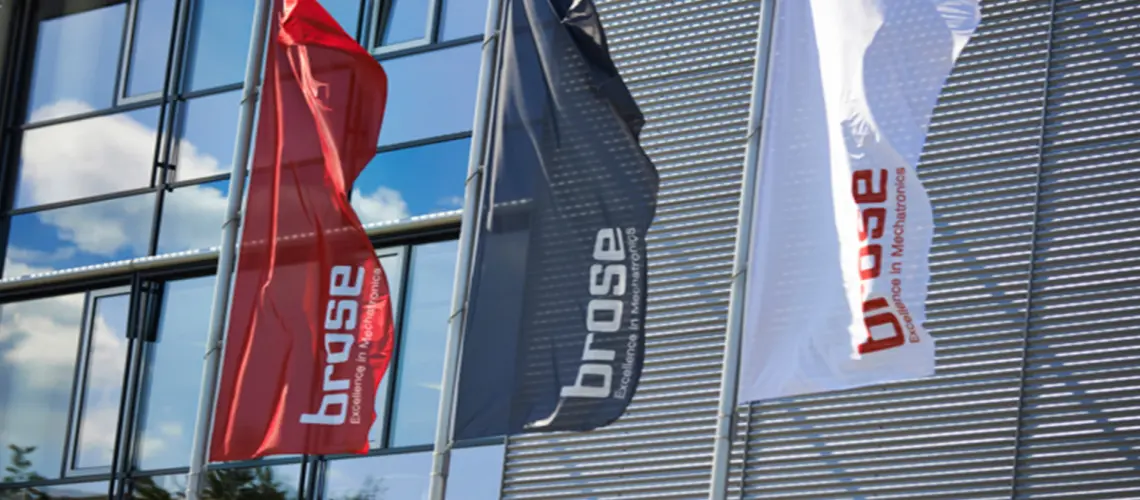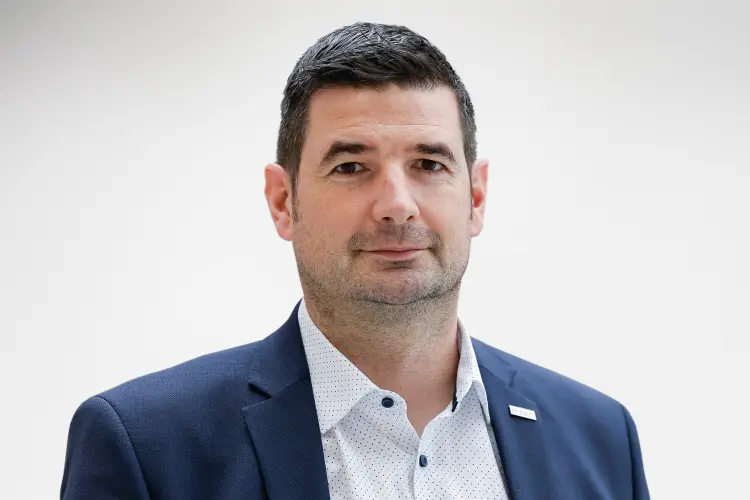Annual financial statements under difficult market conditions

The continuing deterioration in the market environment and ongoing restructuring impacted the Brose Group's earnings in the 2024 fiscal year. At its meeting in May, the Administrative Board approved the 2024 annual financial statements presented by the Executive Board and thus confirmed the financial data for the past fiscal year.
In 2024, the Brose Group generated sales of 7.7 billion euros, 200 million euros less than in the previous year. All business divisions and regions recorded declines in turnover. The automotive supplier generated an operating loss of 14 million euros and a net income loss for the year of 142 million euros. The negative result was primarily influenced by declining volumes and restructuring costs in all functional and business areas. Global vehicle production in 2024 fell by around 1 million compared to 2023 to 89.1 million vehicles.
The family-owned company's liquidity developed positively. In 2024, free cash flow increased by 120 million euros to 137 million euros. This was due to lower investments of EUR 396 million (5% less than in 2023), the decrease in working capital and the sale of shares in a joint venture in Korea. However, the company is still reliant on external financing. Despite the negative overall development, the equity ratio remains at a high level of 48 percent.
Brose does not expect any growth in its core business in 2025 and anticipates stagnating Group sales. We find ourselves in a market environment that is undergoing massive change. The delayed switch to electromobility is causing sales to decline in Europe and North America. At the same time, Chinese car manufacturers are gaining market share worldwide, especially for electric vehicles, and are increasingly relying on local suppliers. This presents us with major challenges, particularly in China,
explains CEO Stefan Krug. The Group's clear objective is to implement the restructuring measures swiftly and consistently and to achieve a positive operating result again in the current financial year.
The company's focus is on simplifying its global organizational structures, reducing costs and actively managing its portfolio with a focus on the automotive business.
Management levels within the organization are being reduced, management spans expanded, responsibilities bundled, and the project business strengthened. By reducing complexity, the Brose Group is increasing its speed in international collaboration. My clear goal is to make our organization more agile in order to respond more flexibly to market changes. The organizational changes also offer our employees worldwide new opportunities for advancement,
comments Stefan Krug.
At the same time, the Group is reducing its global capacities. The aim is to gradually reduce indirect personnel costs by 20 percent by the end of 2026. For 2025, this means a reduction of around 1,100 indirect jobs at high-wage locations worldwide, with around 700 jobs being eliminated at the company's German locations. Our aim is to implement the reductions in a socially responsible manner,
says Bernhard Blauth, Executive Vice President Human Resources and Legal.
With regard to competitive production costs, the global infrastructure is under scrutiny. Brose is focusing on the utilization and reuse of production facilities, reducing the level of automation in favor of greater flexibility and sourcing internationally, for example from China. This is reflected in the planned investments for the current fiscal year, which at 354 million euros are 11 percent below the previous year. The company is also planning to close non-competitive plants worldwide.
In terms of its product portfolio, Brose focuses on its automotive business in the areas of doors, seats and drives. One example of this is the agreement concluded with Yamaha in the first quarter to sell the e-bike drive business. At the same time, the mechatronics specialist is looking for strategic partnerships and working on its own innovations. We are focusing on expanding our systems expertise in all business areas. Competitive cost structures and a lean organization are the prerequisites for sustainable growth,
says Stefan Krug.
